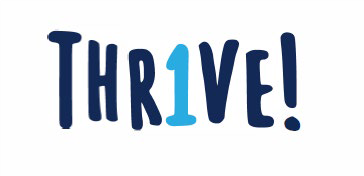Overview
Adolescents with type 1 diabetes may experience increased sleep disturbances, which have been associated with problems with diabetes management and cognitive functioning. Thus, this study aims to evaluate the effects of a sleep-promoting intervention in youth with type 1 diabetes.
Participation in this study may include phone call sessions with trained researchers, surveys completed at clinic visits, completion of sleep diaries, and (optional) MRI visits. Participation would last for one year and participants will be compensated for their time and completion of study materials.
Who can participate?
Adolescents aged 11-17 years old who have been diagnosed with type 1 diabetes for at least 1 year. Adolescents must report insufficient sleep but no other major sleep disorders, must not meet the target for HbA1c of <7%, and must be able to read and speak English.
Contact
For more information on this study, contact sleepcoaching@vumc.org.
-

Overview
Mothers of adolescents with type 1 diabetes frequently experience high levels of stress in their life, both diabetes related and non-diabetes related which can often impair their ability to monitor and manage diabetes treatment effectively. Broadly, this study looked at how a program could help these mothers handle stress and overall improve their relationship with their children which in turn could help diabetes management and treatment.
Components of this study included phone call sessions with a trained researcher, participation in a private Facebook group with other mothers in the study, and surveys done at clinic visits. Participants were involved in this study for one year. Participants were compensated for their time at each clinic visit for a total of $210 in Amazon gift cards.
Contact
For more information on this study, contact t1dmothers@vumc.org.

Overview
Adolescents with type 1 diabetes often experience a level of distress associated with managing and coping with their disease. An intervention was proposed to treat diabetes distress with positive affect. The goal of this study was to determine if this intervention was more effective at keeping adolescents compliant with their diabetes management than a diabetes education intervention.
Participants received encouraging text messages 5 times per week for 8 weeks. They also received Amazon gift card codes to encourage compliance with diabetes care. Parents were asked to provide weekly affirmations to their child focused on non-diabetes strengths. Patients participated in a positive affect interview and took a short screening survey upon agreement to enter the study.
Contact
For more information on this study, contact thrive@vumc.org.